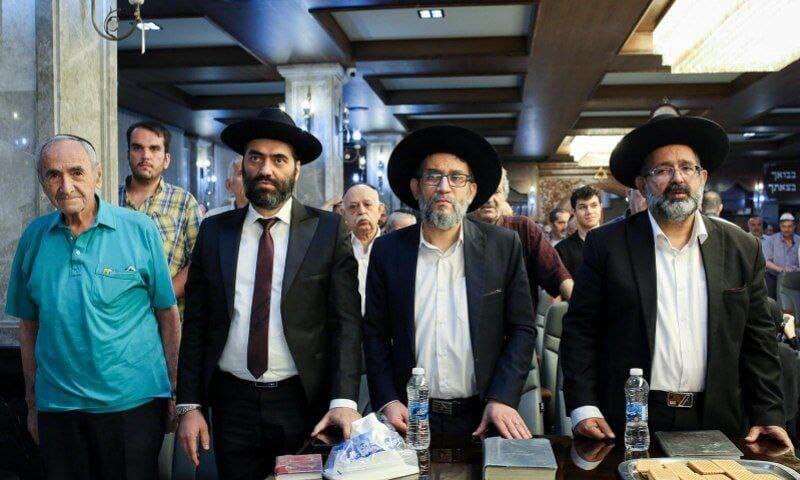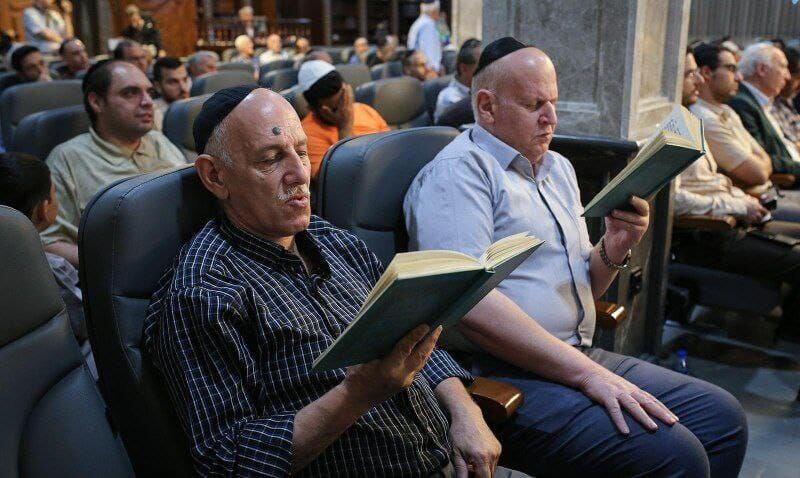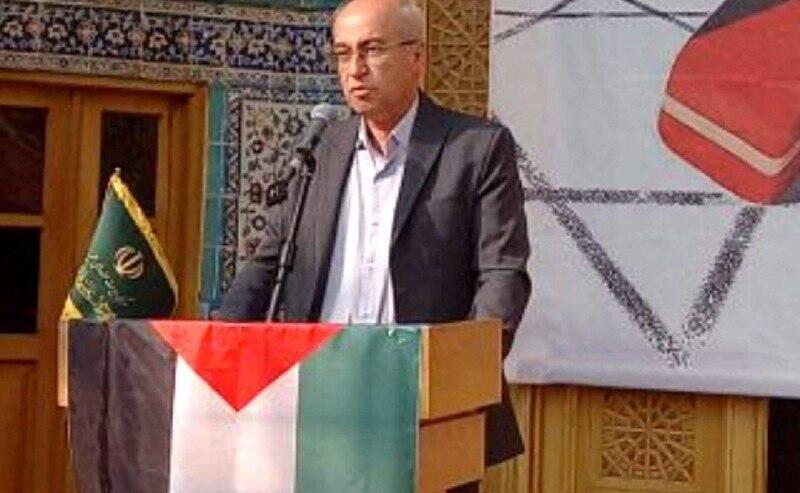Following Israeli and American strikes on Iran’s nuclear facilities, numerous Jews in Iran were arrested—some allegedly for maintaining contact with relatives in Israel. Among the detainees are rabbis and senior figures from the Jewish communities of Tehran and Shiraz, according to multiple reports.
Relatives of some detainees, now living outside Iran, have called on Jews around the world to pray for their loved ones, describing a community gripped by fear. Despite Tehran’s attempts to portray Iran’s Jews as supportive of the regime, the community reportedly lives under constant surveillance and pressure. “Anyone can suddenly disappear from the street or workplace—just because of a surname or a previous visit abroad,” said a source familiar with the situation.
Family members told the ultra-Orthodox website BeHadrei Haredim: “We urge every Jew in the world to pray for our brothers and sisters in Iran. Amid mass arrests, the community is in urgent need of divine mercy. Many spent the last Sabbath in detention, and their fate remains uncertain.”
Others close to the families added: “The detainees are being held under harsh conditions, isolated from their families and denied communication. We ask the people of Israel to pray, recite Psalms and include them in their prayers. Only divine mercy can bring them home.”
A rabbinic figure with ties to the Iranian Jewish community said, “Now is the time to awaken compassion. They have no legal protection, no protests, no free press. Only prayer can break the walls surrounding them.”
According to the Iranian opposition website HRANA, dozens of Jews were arrested and interrogated in Tehran and Shiraz—at least 35 of them by intelligence units. They were questioned about ties to Israel, including phone calls with relatives, in-person meetings, and online communication.
The arrests followed the escalation in tensions after Israeli strikes on Iranian nuclear sites. The regime appears to be using the detentions to demonstrate control and to symbolically associate Iran’s Jews with espionage or collaboration with Israel.
Get the Ynetnews app on your smartphone: Google Play: https://bit.ly/4eJ37pE | Apple App Store: https://bit.ly/3ZL7iNv
Iran’s Jewish community, estimated at around 9,000 people—the largest in the Middle East outside Israel—has found itself in an increasingly vulnerable position. Early in the conflict, Iran’s Jewish parliamentary representative, Dr. Homayoun Sameh, issued a statement affirming the community’s “absolute loyalty to the Iranian state” and rejecting any link to Israeli actions.
Sameh, along with Younes Hamami, another senior community figure, later called for a forceful Iranian response to what they described as “Zionist aggression.” Both emphasized Iran’s right to self-defense and condemned Israel for allegedly violating humanitarian and international norms. “The Zionists never imagined the full extent of Iran’s military strength,” Sameh was quoted as saying. “Our only real loss has been the death of our commanders. We are always grateful to the system and the state leadership.”
Most Iranian Jews reside in Tehran, with smaller communities in Shiraz, Isfahan and Kermanshah. The community operates around 100 synagogues—31 in Tehran alone, though only 20 are regularly active. Five Jewish schools remain open under strict government supervision, down from 20 before the Islamic Revolution.





